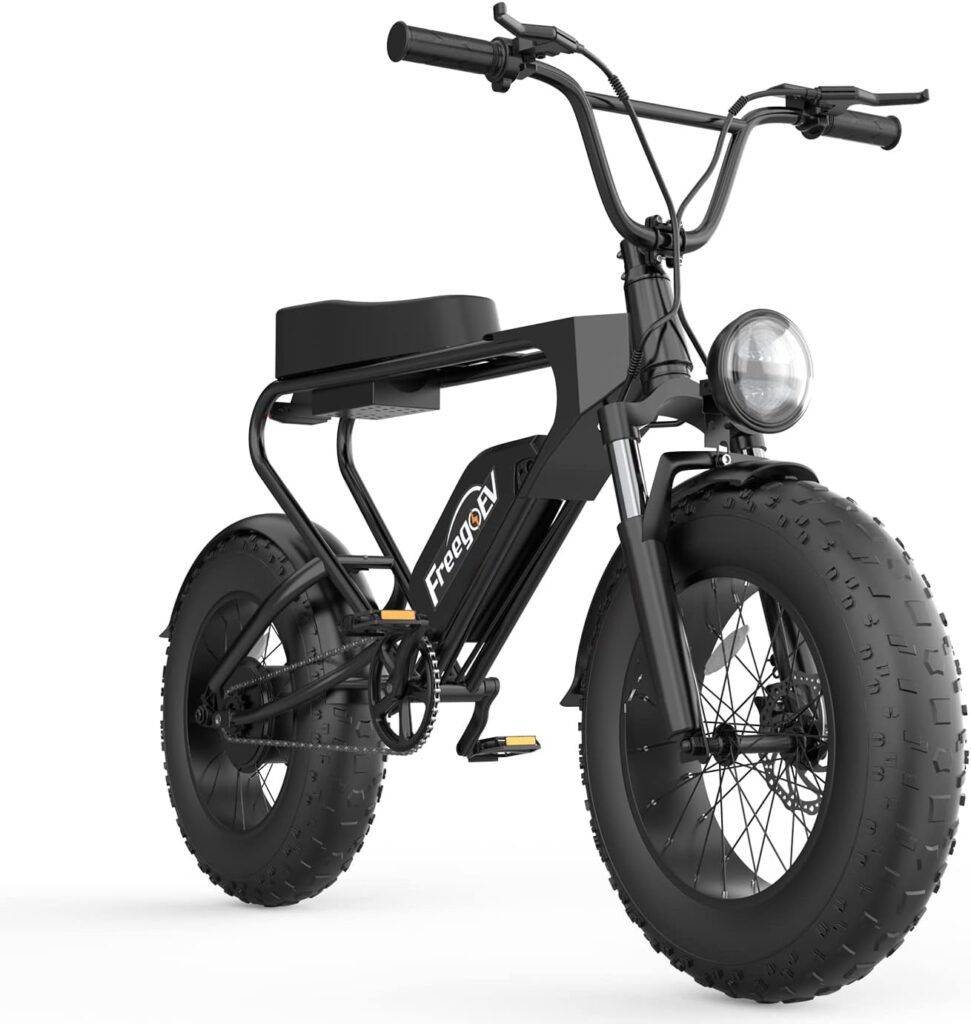Electric bikes, or e-bikes, are rapidly transforming the way people commute, offering a sustainable and efficient alternative to traditional transportation. These bikes, equipped with an electric motor to assist pedaling, have grown in popularity due to their convenience, environmental benefits, and versatility. From urban dwellers looking for a quicker way to get to work to recreational riders seeking adventure with less physical strain, electric bikes are revolutionizing the cycling world.
What Are Electric Bikes?
At their core, electric bikes are traditional bicycles enhanced with an electric motor and a rechargeable battery. This motor provides pedal assistance, making it easier to tackle hills, long distances, or even high-traffic areas. There are different types of electric bikes, ranging from those that only offer assistance when the rider is pedaling (pedal-assist or pedelec) to those with a throttle that can operate without pedaling, similar to a scooter.
Key Benefits of Electric Bikes
- Eco-Friendly Transportation One of the most significant advantages of e-bikes is their environmental impact. With zero emissions, electric bikes are a greener alternative to gas-powered vehicles. As cities worldwide strive to reduce their carbon footprints, e-bikes present an effective solution to decreasing traffic congestion and pollution.
- Cost Efficiency In comparison to cars or motorcycles, electric bikes are much more affordable. Not only is the upfront cost of purchasing an e-bike lower, but the long-term costs are also minimal. There’s no need for fuel, and maintenance expenses are significantly reduced, as electric bikes generally have fewer complex components than vehicles.
- Health and Fitness While electric bikes offer pedal assistance, they still require physical effort, meaning riders can get exercise while commuting. For those who may be hesitant to cycle long distances or struggle with physical limitations, e-bikes provide a manageable way to stay active. The ability to adjust the level of assistance also encourages gradual fitness improvements.
- Convenient Commuting Navigating through city traffic can be stressful and time-consuming, but electric bikes offer a quick, flexible, and nimble alternative. E-bikes allow riders to bypass traffic jams, take advantage of bike lanes, and park with ease. Many urban commuters find that they can reach their destination faster on an e-bike than they would using a car or public transportation.
- Accessibility Electric bikes have opened up cycling to a broader range of people. Individuals who may have previously found traditional biking too strenuous, such as seniors or those with physical challenges, can enjoy the freedom of cycling with the added assistance of the electric motor. This inclusivity has helped promote biking as a more accessible mode of transportation.
Types of Electric Bikes
- City/Commuter E-Bikes Designed for urban riding, these bikes are perfect for daily commutes. They often come with features like built-in lights, fenders, and racks, making them practical for transporting groceries or other goods.
- Mountain E-Bikes For adventure seekers, electric mountain bikes provide the thrill of off-road biking with the added benefit of motorized assistance. These bikes are equipped with durable frames, wider tires, and strong suspension systems to handle rough terrain.
- Folding E-Bikes Ideal for commuters with limited space, folding e-bikes can be collapsed for easy storage. They are also convenient for those who need to combine cycling with public transportation.
- Cargo E-Bikes These bikes are designed to carry heavy loads and are perfect for families or businesses that need to transport goods. With the added electric motor, riders can haul cargo without breaking a sweat.
The Future of Electric Bikes
As urban populations grow and cities become more congested, electric bikes are set to play a crucial role in the future of transportation. Governments are increasingly recognizing the benefits of e-bikes, with many cities offering incentives for electric bike purchases or building more bike-friendly infrastructure. With advancements in battery technology and motor efficiency, electric bikes are becoming even more practical for daily use.
In addition, as concerns about climate change intensify, more individuals are seeking environmentally conscious transportation options. E-bikes offer a sustainable solution that reduces reliance on fossil fuels while promoting healthier lifestyles.
Conclusion
Electric bikes are more than just a trend; they represent a shift towards more sustainable, cost-effective, and health-conscious urban transportation. Whether you’re looking to commute, explore new terrains, or simply enjoy a leisurely ride, electric bikes provide an exciting and efficient way to navigate the modern world. With their increasing accessibility and continued technological improvements, electric bikes are poised to become a dominant force in personal transportation.
You Might Also Like These:

